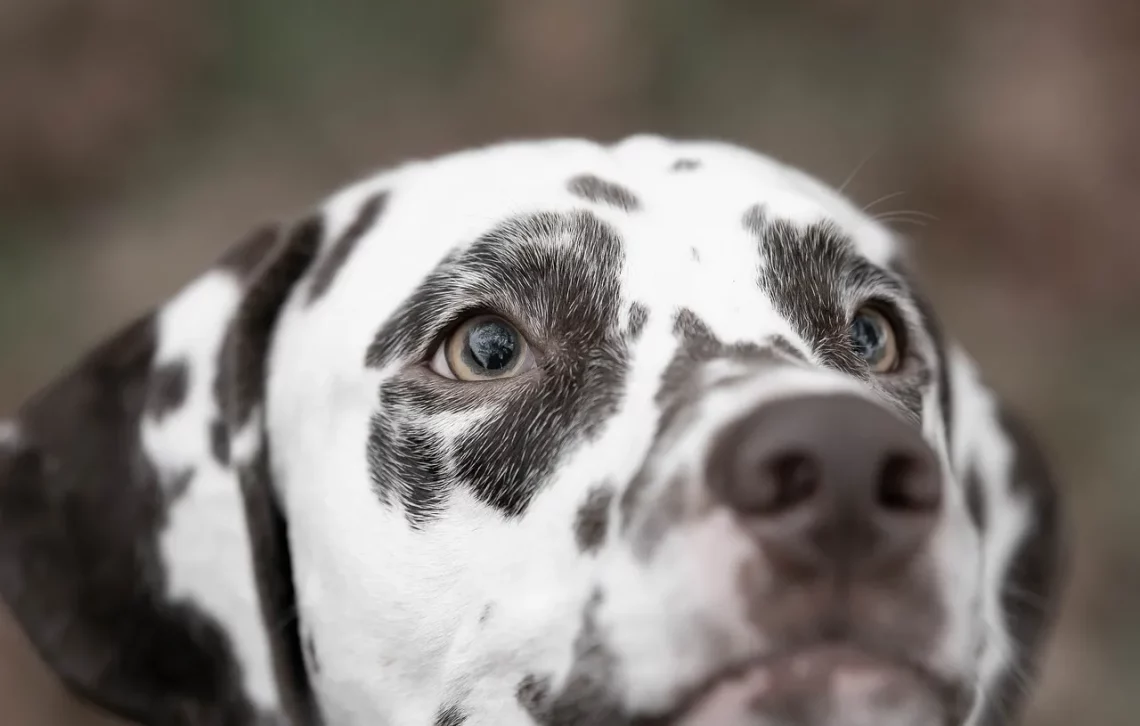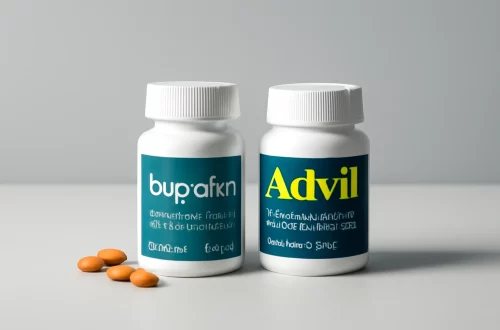
Effective Home Remedies to Stop Your Dog from Scooting
Dogs are known for their playful and affectionate nature, but sometimes they exhibit behaviors that can be puzzling or concerning for pet owners. One such behavior is scooting, where a dog drags its rear end along the ground. This can be more than just a quirky habit; it often indicates underlying health issues, such as allergies, anal gland problems, or parasites. While it’s essential for dog owners to consult a veterinarian when they notice this behavior, there are several effective home remedies that can help alleviate the issue. Understanding the potential causes of scooting and exploring natural remedies can provide relief for your furry friend and peace of mind for you as an owner.
In this article, we will delve into some practical solutions that can help stop your dog from scooting, ensuring their comfort and well-being. By addressing the root causes and applying these remedies, you can improve your dog’s quality of life while also fostering a deeper bond with your pet.
Understanding the Causes of Scooting
Scooting is a behavior that many dog owners encounter, but the reasons behind it can vary widely. One of the most common causes is discomfort in the anal area. Dogs have anal glands that can become impacted or infected, leading to irritation. When a dog feels this discomfort, it may attempt to relieve the pressure by dragging its rear end on the ground.
Another frequent culprit is allergies, which can manifest in various ways, including skin irritations and gastrointestinal issues. Allergies can cause itching and discomfort around the hindquarters, prompting a dog to scoot. Additionally, parasites such as fleas or worms can lead to similar symptoms, as they can cause itching and irritation.
Diet plays a significant role in digestive health, and an improper or low-fiber diet can lead to difficulty in passing stools. When a dog struggles to defecate, it may also resort to scooting as a way to alleviate discomfort. Keeping a close eye on your dog’s diet and ensuring they have a balanced intake of nutrients can help prevent such issues.
Understanding these causes is the first step in addressing the scooting behavior. By identifying the source of the problem, you can take appropriate action, whether it’s a change in diet, a visit to the vet for anal gland expression, or implementing natural remedies.
Dietary Changes to Alleviate Discomfort
One of the most effective home remedies for stopping your dog from scooting is to make dietary adjustments. Ensuring that your dog has a well-balanced diet rich in fiber can greatly improve their digestive health. Fiber aids in regular bowel movements and can help prevent constipation, which is a common reason for scooting.
Consider incorporating more fiber-rich foods into your dog’s meals. Vegetables like pumpkin, sweet potatoes, and carrots are excellent choices. Canned pumpkin, in particular, is a popular option among dog owners. It not only adds fiber but also keeps your dog hydrated. Just be sure to choose plain canned pumpkin without added sugars or spices.
Another essential component of your dog’s diet is hydration. Ensure that your dog has access to fresh, clean water at all times. Dehydration can lead to hard stools and discomfort, prompting your dog to scoot. If you notice your dog isn’t drinking enough, try adding water to their food or offering ice cubes as a treat.
Additionally, it’s crucial to monitor the quality of your dog’s food. High-quality dog food often contains better ingredients that contribute to overall health. Look for options that list real meat as the first ingredient and avoid fillers like corn and soy, which can contribute to allergies and digestive issues.
Remember, any dietary changes should be introduced gradually to prevent digestive upset. Consult your veterinarian if you’re unsure about the best dietary options for your dog, especially if they have existing health issues. A well-rounded diet can make a significant difference in your dog’s comfort and help reduce scooting behavior.
Natural Remedies for Anal Gland Issues
If anal gland discomfort is the cause of your dog’s scooting, there are several natural remedies you can try at home. The anal glands are located on either side of your dog’s rectum and can sometimes become filled with fluid, leading to discomfort and the urge to scoot.
One effective method for relieving anal gland discomfort is regular exercise. Physical activity encourages natural expression of the anal glands. Taking your dog for daily walks or engaging in playtime can help keep these glands functioning properly.
In addition to exercise, adding certain supplements to your dog’s diet may help. Omega-3 fatty acids, for example, can promote healthy skin and coat, which may reduce itching and irritation around the anal area. Fish oil or flaxseed oil are good sources of these essential fatty acids. Always consult with your veterinarian before introducing new supplements to ensure they are appropriate for your dog’s specific needs.
Another home remedy involves the use of herbal treatments. Some dog owners have found success with herbal blends that support gut health and reduce inflammation. Ingredients like chamomile and calendula can be soothing and may help alleviate discomfort. However, it’s essential to choose products specifically formulated for dogs and to follow the recommended dosages.
Regular grooming can also play a crucial role in preventing anal gland issues. Keeping the area clean and free of debris can help reduce irritation and discomfort. If your dog continues to experience problems, it’s advisable to consult your veterinarian for professional care and possible anal gland expression.
Maintaining a Healthy Environment for Your Dog
Creating a comfortable and healthy environment for your dog can significantly impact their overall well-being and may help reduce scooting behavior. Start by ensuring your dog’s living space is clean and free of irritants. Regularly cleaning the areas where your dog sleeps and spends time can minimize allergens and irritants that may contribute to discomfort.
Consider using hypoallergenic bedding and cleaning products. Many dogs are sensitive to harsh chemicals, which can exacerbate skin irritations and lead to scooting. Opt for natural cleaning solutions that are safe for pets and effectively eliminate dirt and allergens.
Additionally, regular veterinary check-ups are vital in maintaining your dog’s health. Routine examinations can identify potential health issues before they escalate. Your veterinarian can provide personalized advice on how to create the best environment for your dog, considering their specific health needs.
Finally, ensure that your dog has a safe space to relax and feel secure. Stress can contribute to various behavioral issues, including scooting. Providing a designated area where your dog can retreat when feeling anxious can be beneficial. Consider including their favorite toys, a comfortable bed, and a quiet ambiance to help them feel at ease.
Creating a healthy environment goes hand in hand with dietary and lifestyle changes. By taking a holistic approach to your dog’s care, you can help alleviate scooting and enhance their overall quality of life.
In conclusion, while scooting can be a concerning behavior for dog owners, understanding its causes and implementing effective home remedies can make a significant difference. Dietary adjustments, natural remedies for anal gland issues, and maintaining a clean environment are all crucial steps in addressing this behavior. However, it is essential to remember that persistent scooting may indicate underlying health issues that require professional attention. Always consult your veterinarian for advice tailored to your dog’s individual needs.
**Disclaimer: This article is not intended as medical advice. If you notice ongoing health issues with your dog, please consult a veterinarian for professional guidance.**




